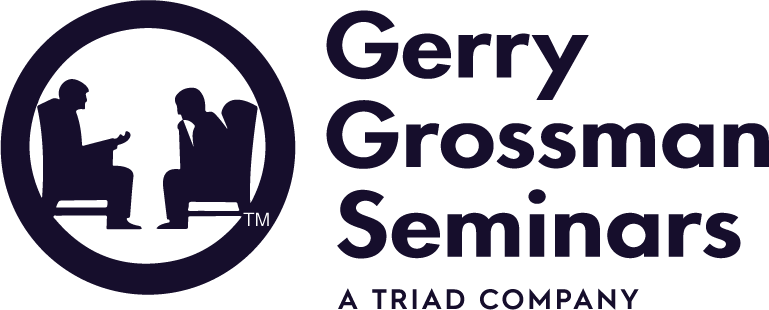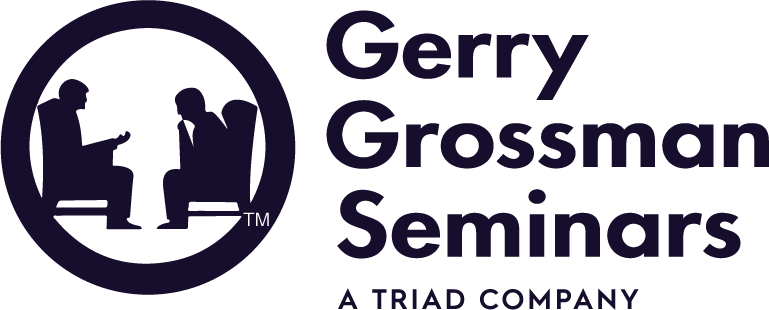
Becoming a licensed professional clinical counselor (LPCC) in California requires a combination of education, training, and experience. The LPCC is a licensed mental health professional who provides counseling and psychotherapy services to individuals, couples, families, and groups.
If you're interested in becoming an LPCC in California, here are the requirements you'll need to meet:
Education: The first step in becoming an LPCC in California is to earn a master's degree in counseling or a related field. The degree program must be accredited by the Council for Accreditation of Counseling and Related Educational Programs (CACREP) or an equivalent accrediting agency. Your coursework must include specific topics, such as human growth and development, counseling theories and techniques, group counseling, assessment and diagnosis, and research methods.
Clinical Experience: In addition to your education, you'll need to complete supervised clinical experience. You must complete at least 3,000 hours of supervised experience, with at least 1,750 hours of direct client contact. The remaining hours can be spent in other clinical activities, such as case conferences and consultation.
Examination: After you've completed your education and clinical experience, you'll need to pass the National Clinical Mental Health Counseling Examination (NCMHCE) or the National Counselor Examination for Licensure and Certification (NCE) and the Law and Ethics exam. These exams assess your knowledge of counseling theory and techniques, as well as your ability to apply that knowledge to real-world scenarios.
Background Check: You'll also need to pass a background check conducted by the California Department of Justice and the FBI. The background check will include fingerprinting and a review of your criminal history.
Continuing Education: Once you're licensed, you'll need to complete continuing education courses to maintain your license. You'll need to complete 36 hours of continuing education every two years, with at least six of those hours in law and ethics.
Supervision: Finally, you'll need to work under the supervision of a licensed professional clinical counselor for the first two years of your practice. After that, you can practice independently.
Becoming an LPCC in California can be a challenging process, but it's also a rewarding career that can make a real difference in people's lives. If you're passionate about helping others and have a strong desire to learn and grow, this may be the right career path for you.


